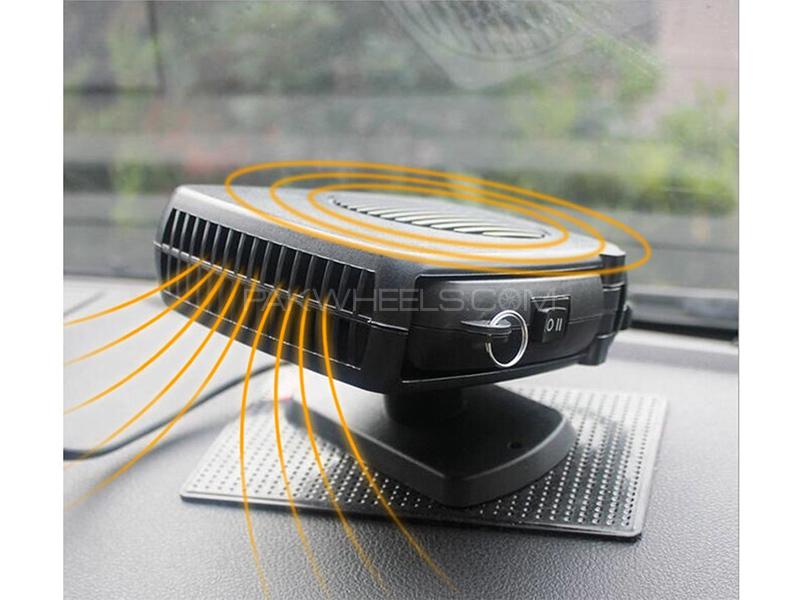
Stay Warm and Cozy: Choosing the Best Car Heater for Car
Ever jumped into your car on a freezing winter morning and felt like you were stepping into an icebox? A car heater for car isn’t just a luxury in cold weather – it’s a necessity. Whether your built-in heating system is underperforming or you simply need extra warmth, having the right heater can make your drives far more comfortable.
In this guide, we’ll break down everything you need to know about car heaters – from types and features to safety tips – so you can pick the perfect one for your needs.
Why You Might Need a Car Heater
Even though most modern cars come with built-in heaters, they aren’t always enough:
- Slow to warm up – Especially in older models or in extreme cold.
- Heater malfunction – Repairing a factory system can be expensive.
- Extra warmth for passengers – Great for families or pets during winter road trips.
A portable or aftermarket car heater offers a quick, budget-friendly solution to these issues.
Types of Car Heaters for Cars
When looking for the best car heater for car, you’ll find a few different options:
- Portable 12V Car Heaters
- Plug directly into your car’s cigarette lighter socket.
- Compact and easy to move around.
- Great for defrosting and small space heating.
- Ceramic Car Heaters
- Use ceramic plates for efficient heat.
- Safer and quicker heating than traditional metal coil models.
- Ideal for quick warmth without overheating.
- Engine Block Heaters
- Installed in your engine to keep fluids warm.
- Helps the built-in heater work faster.
- Perfect for extremely cold climates.
- Diesel or Gas-Powered Auxiliary Heaters
- Independent from your car’s electrical system.
- Common in trucks, RVs, and off-road vehicles.
- Can run even when the engine is off.
Key Features to Look For
When buying a car heater for car, keep these features in mind:
- Heating Speed – How quickly does it warm up?
- Power Source – 12V, hardwired, or fuel-powered?
- Portability – Do you want it fixed or movable?
- Safety Features – Auto shut-off, overheat protection, and stable base.
- Noise Level – Especially important for long drives.
Safety Tips for Using Car Heaters
Car heaters are safe when used properly, but here’s what to remember:
- Avoid leaving portable heaters unattended.
- Don’t block air vents or heater grills.
- Use the correct power rating for your car’s electrical system.
- Keep away from flammable materials.
Benefits of Having a Car Heater
- Immediate Comfort – No more shivering at the start of your drive.
- Better Visibility – Helps defrost and demist windows quickly.
- Energy Efficiency – Some models use less power than your built-in system.
- Longer Vehicle Life – Engine block heaters can reduce cold-start wear.
FAQs – Car Heater for Car
Q1: Can I use a car heater while driving?
Yes, portable 12V and built-in heaters are designed for use while driving. Just ensure they’re secured and not blocking visibility.
Q2: Will a car heater drain my battery?
A 12V heater uses power from your alternator when the engine is running, so it won’t drain your battery unless used with the engine off.
Q3: What’s the best heater for extremely cold areas?
An engine block heater or a diesel-powered auxiliary heater works best in sub-zero climates.
Q4: How much does a good car heater cost?
Portable models start from around £20–£50, while professional installations can cost £200 or more.
Conclusion
A car heater for car can be a game-changer in cold weather. Whether you opt for a simple 12V portable heater, a ceramic model, or a more advanced auxiliary system, the right choice depends on your climate, budget, and comfort needs.
If you’re tired of starting your mornings in a freezing vehicle, investing in a reliable heater is well worth it – your fingers, toes, and passengers will thank you!